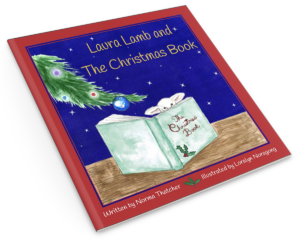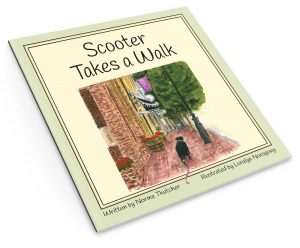
Imagine this: You’ve signed up to attend a class or presentation from someone who is an expert in the particular topic of your choice. The big day arrives. You’re excited because you just know that this is going to be great. You’ve settled into your seat, and the presenter comes on stage, looks at the audience and says, “Good morning.” (long pause while a few of the people mumble back a response) The speaker continues: “Come on, you can do better than that—Good morning!” The audience, annoyed at being treated like children, halfheartedly respond. While you and the rest of the audience tune out, disappointment washes over you.
I cannot count the number of presentations I’ve attended that have started out like that. I don’t know if it’s because the speakers have heard other speakers say it and think that’s okay, or perhaps they’ve had no training in truly original ways to open a presentation. So I encourage you to ERASE from your repertoire of openings the following:
- “Good morning/afternoon/evening” or
- “I want to thank John Smith for that lovely introduction, and Mary Jones for inviting me to talk to you today” or
- “Today I’m going to talk about ____.”
In my training classes, I demonstrate fifteen interesting possibilities to open a presentation that range from a true story with a moral or an illustrative point (without being preachy or know-it-all) to a positive news item about your audience or the industry they’re in or the city in which you’re speaking. Other trainers and I call them “hooks” because they’re intended to hook your audience members’ attention from the moment you open your mouth.
According to Kevin McSpadden in a Time magazine article from May 14, 2015, on attention spans said, “The average attention span for the notoriously ill-focused goldfish is nine seconds, but according to a new study from Microsoft Corp., people now generally lose concentration after eight seconds, highlighting the affects of an increasingly digitalized lifestyle on the brain.”
That is terribly frightening to a speaker. Get those folks in the audience to think you’re interesting in eight seconds or less or you’ve lost them! That’s why an opening hook is vital. Demonstrate to your audience from the first moment that it’s in their best interests to pay attention to you because you ARE interesting!
I encourage students in my class to keep a hook book, because hooks are found in everyday life. A hook book is filled with bits and pieces of ideas or stories that you see or hear. You may not even know when or how you will use these fragments, but trust me, if you don’t write them down, they’ll be forgotten like an elusive dream. One of my best hooks of all time was from a piece of junk mail!
So if you do (or plan to do) any public speaking, a hook book just may save your presentation!
To my readers: Please share a short interesting hook that we can add to our books!



